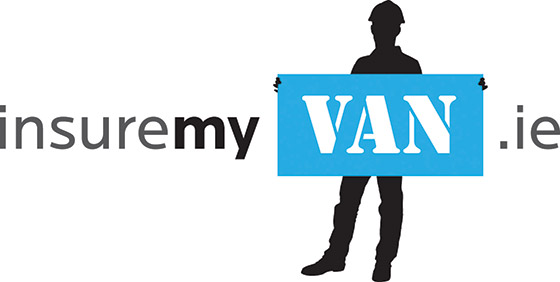General News
What You Need to Know About the SUV Weight Tax in Ireland
If you’re driving an SUV in Ireland, there’s a new development you need to be aware of; the proposed SUV weight tax. This potential tax is currently under consideration for Budget 2026. It aims to address the increasing average weight of vehicles on Irish roads and the associated environmental and infrastructure concerns. If you manage commercial vehicles, it’s a good reminder to review your van insurance. This will help make sure you’re adequately covered as regulations evolve. It’s also a good time to consider how heavier SUVs may affect your fuel costs and everyday running expenses.
What is SUV Weight Tax?
The SUV weight tax is a proposed levy that would charge vehicle owners based on the weight of their cars. The Tax Strategy Group, advising the Department of Finance, has suggested this measure. It aims to offset revenue losses from the shift towards electric vehicles (EVs). The average weight of passenger vehicles in Ireland has increased by about 28% between 2001 and 2022. This has raised concerns over higher energy use, more road wear, and increased air pollution.
How Would the SUV Weight Tax Work?
The proposed tax would operate as a surcharge. This would be in addition to the existing emissions-based Vehicle Registration Tax (VRT). For combustion and hybrid vehicles, heavier cars would pay higher surcharges based on weight. The Tax Strategy Group has indicated that full EVs would be afforded a more generous weight threshold. This is to account for their battery weight, with potential for a phased extension to EVs over time as the fleet transitions.
Why Is This Being Proposed?
The main reason for the SUV weight tax is to maintain government revenue as the vehicle fleet electrifies. The growth in EV sales is expected to reduce motor tax, fuel excise, and VRT receipts in the years ahead. To offset these losses, tax structures must be amended over time in line with the changing vehicle composition.
What Does This Mean for SUV Owners?
If the tax is implemented, owners of heavier SUVs could face higher taxes. This could impact your annual running costs. So, it’s advisable to check your vehicle’s weight and consider how this potential tax might affect your budget. If you’re thinking about buying a car, keep in mind not just the purchase price but also ongoing costs like tax, fuel, and maintenance. Additionally, as regulations evolve, it’s a good time to review your insurance to ensure you’re adequately covered.
The proposed SUV weight tax is a significant development for vehicle owners in Ireland. While it’s not yet in effect, staying informed and prepared is crucial. For those managing commercial SUVs, understanding how potential changes in regulations could affect you is essential.
At Insure My Van, we understand the challenges that come with managing commercial vehicles. Our van insurance in Ireland is designed to be straightforward, reliable, and tailored to your needs. Explore our website today to get a quote and find the right policy for your vehicle.


